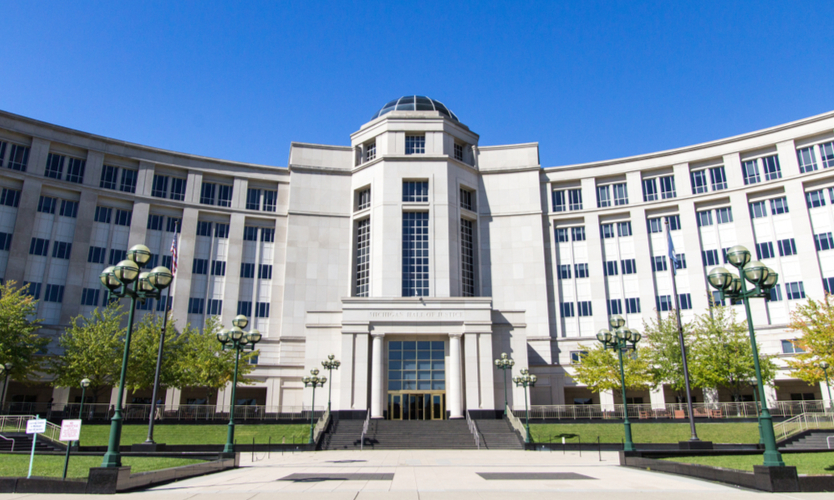Law bars workplace discrimination based on sexual orientation: Court
- September 5, 2024
- Posted by: Web workers
- Category: Finance

The Michigan Supreme Court ruled Thursday in a divided opinion that there is protection under state law against discrimination based on sexual orientation or gender identity.
The majority 5-2 ruling in Rouch World LLC v. Department of Civil Rights cited the U.S. Supreme Court’s 2020 ruling in Bostock v. Clayton County, which barred workplace discrimination based on sexual orientation or gender identity.
Plaintiffs in the case were Rouch World LLC, a Sturgis, Michigan, event center that refused to host a same sex wedding, and Uprooted Electrolysis LLC in Gwinn, Michigan, which denied a transgender woman hair removal services.
In ruling that Michigan’s Elliott-Larsen Civil Rights Act encompasses discrimination on the basis of sexual orientation, the majority overturned the 1993 Michigan Court of Claims ruling in Barbour v. Department of Social Services, which, it said, relied largely on then-current federal precedent regarding analogous provisions of Title VII.
“Discrimination on the basis of sexual orientation necessarily constitutes discrimination because of sex,” the ruling said. “Accordingly, the denial of ‘the full and equal enjoyment of the goods, services, facilities, privileges, advantages, or accommodations of a place of public accommodation or public services’ on the basis of sexual orientation constitutes discrimination ‘because of sex’ and therefore constitutes a violation” of the state civil rights act.
An attorney who is not involved in the case noted the ruling applies only to employers with fewer than 15 employees, because larger employers must already comply with Bostock under Title VII of the Civil Rights of 1964.
“It is obviously going to be significant” for smaller employers, said James Hermon, a Detroit-based member of the labor and employment practice at Dykema Gossett PLLC. He said the ruling was expected.



